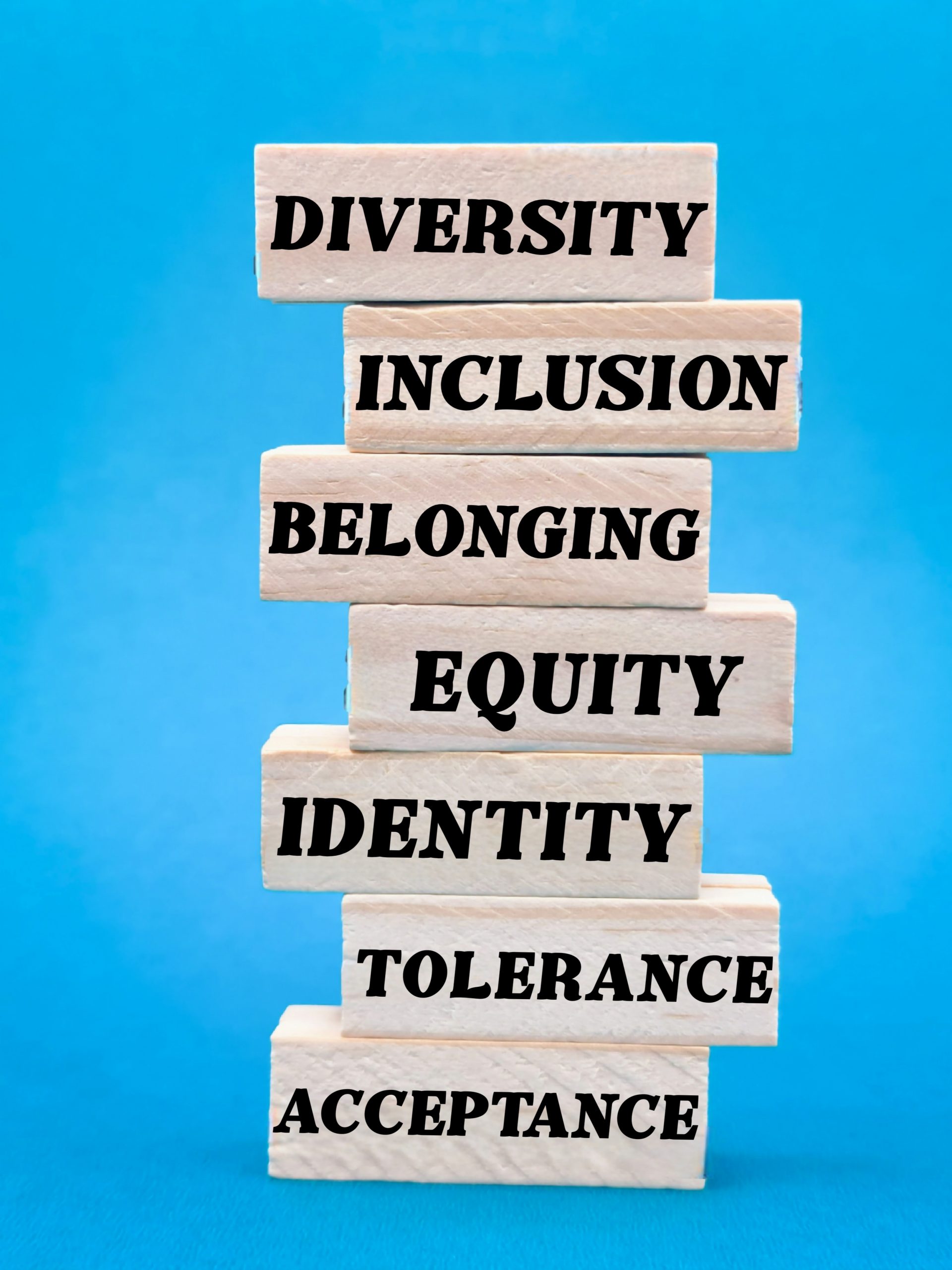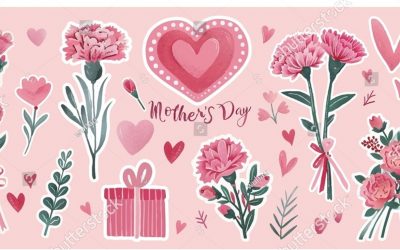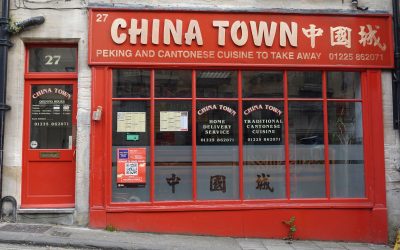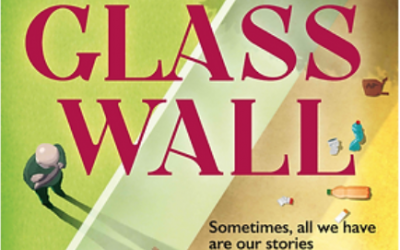On the International Day for Tolerance, TogetherintheUK explores how empathy, storytelling, compassion, and listening to people’s stories can challenge prejudice, deepen empathy, and renew Britain’s commitment to its core values.
Each year on November 16, people around the world are encouraged to observe the International Day for Tolerance – a day established by the United Nations to remind us of one simple but powerful truth: our differences make us stronger.
Why Tolerance Matters
Sadly, today we live in a world where prejudice, hate and misunderstanding are dividing communities. Increasingly we see a lack of tolerance and openness and a growing fear that the values that define the UK are being lost.
British values, as defined by the UK Government in 2011 and issued to national schools in 2014, are fundamental principles that shape our national identity – democracy, individual liberty, mutual respect and tolerance of those with different faiths and beliefs. Yet these values are being tested. Where is our sense of tolerance when we call out people for not wearing a red poppy, assuming that they are not honouring those who gave their lives in war or supporting the Royal British Legion. Or the use, by some people, of the Union Jack flag, not as a show of national pride but as a threatening message to refugees and migrants.
A recent example involved Loose Women presenter Charlene White, who appeared on TV without a poppy. Some viewers were quick to attack her online.
Disgusting woman!
Why was @CharleneWhite not wearing a poppy… so disrespectful.
Yet in a true act of tolerance, the Royal British Legion, publicly supported her decision, affirming that the choice to wear a poppy is deeply personal.
In other parts of daily life, intolerance shows up in different ways. Maryam, an English Muslim, was told “Wear English clothes if you want to live here!” simply because she was wearing a hijab. Another friend, Guillermo told me, “My neighbours are friendly, but I am nervous about walking home in the dark as each lamppost now has a Union Jack flying from it.”
For millions of refugees and migrants, tolerance is not just a value — it’s a lifeline. It means being welcomed instead of rejected, understood instead of judged, accepted instead of feared.
Tolerance begins with Understanding
Tolerance comes from understanding some of the fear people have about refugees and migrants. Unevidenced statements such as “Hospital queues are so long because migrants and refugees are overloading the system” or “crime is increasing because of uncontrolled migration” uttered and supported by populist politicians, certain media, social media trolls, and far-right organisations, reflect a lack of understanding and empathy and incite fear and hatred. Lester Gomez explained to TGIUK in a recent article that from his perspective the challenge isn’t just about migrants building a new life —it’s also about those who don’t want us here,
I try to put myself in their shoes sometimes. I try to understand where the resistance might come from. Migrants often are misunderstood and perceived as people who bring uncertainty and change to the social dynamic of the system already there; any foreign presence—especially in large numbers—can trigger this reaction or perhaps that fear.
Empathy helps us bridge the divide. It reminds us that every person has a story, a history, a culture, a language and dreams for a better life. We have seen in the UK, how events such as Stories of Sanctuary in the North East have helped communities they have performed in understand the real experiences of refugees. Or the Freedom From Torture’s “Write to Life” project – where survivors of torture and persecution share their stories through books, performances, and podcasts, helping audiences empathise with refugees and challenge stereotypes. When host communities open their hearts and minds, everyone benefits – more vibrant neighbourhoods, diverse workplaces, and new opportunities for connection and creativity.
Stories of Tolerance and Compassion.
TogetherintheUK (TGIUK) has heard many stories of how local communities have welcomed refugees and migrants and made them feel welcomed.
José Mesa shared with TGIUK in a recent article how both locals and fellow migrants helped him settle in the UK.
When I came here, I felt like I was in a storm! Everything I wanted started to happen, almost immediately. Within a short time, I was playing with six different bands and the payment from one gig was equivalent to what I would have received over a six month period in Venezuela. I could not believe it!
Sumia, an author in the TGIUK anthology, Hear Our Stories, reflected
After I came to the UK, I became a stronger, more empowered person as I had the freedom to be the person I wanted to be. In the UK, I can achieve anything I set my mind to.
And Anthony, another contributor shared how the kindness of one woman made him feel at home
Prue showed me that people can be kind, kind to strangers and kind to people who live a different life to them, she showed me that no matter where you live in the world, or where you come from, it is the kindness of your neighbour and friends that make you feel at home.
These are the real British expressions of tolerance – not merely enduring differences but celebrating them, recognising that diversity enriches us all.
Building a More Tolerant World
Tolerance grows from compassion and an article on the TGIUK website discusses the importance of compassion showing how being brave enough to offer compassion makes a crucial difference. The article quotes Sunder Katwala, who during the riots in the UK in 2024, wrote “do not underestimate the power of a gesture of goodwill.”
So how do we nurture our sense of tolerance?
- Listen before judging – Everyone’s story matters.
- Speak up against hate – Silence fuels intolerance.
- Celebrate diversity –Focus not on what divides us but on what we can achieve together.
- Support refugees and migrants – Stand with them, not apart from them.
When we choose empathy over fear, compassion over prejudice, and solidarity over separation, we move closer to a world where everyone can live in safety and dignity.
As Mahatma Gandhi wisely said: “tolerance is harmony to difference.”
To read more about the lives and impacts of migrants on UK society, go to TogetherintheUK.
To purchase a copy of Hear Our Stories, An Anthology of Migrant Writings, compiled by TogetherintheUK, go to TGIUK







